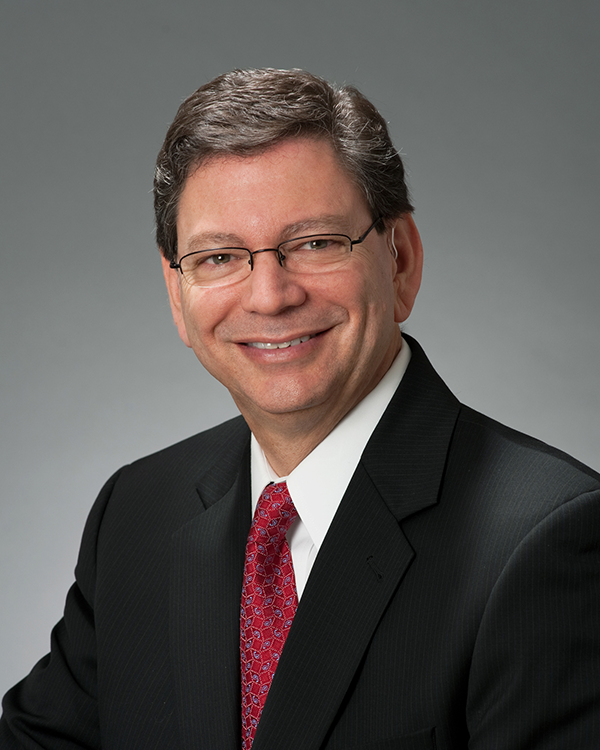-
26 February 2016

I have a disability. That doesn’t make me unusual, because 1 in 5 Americans have a disability. It doesn’t make me unusual, because as many of us age, our hearing, sight, mobility and memory may all be challenged. It’s only unusual, because it wasn’t until recently that I described myself this way.
When I was 2 years old, there was no Jewish Disability Awareness and Inclusion Month. My mother could have used it. I was born with normal hearing and then, for some reason, I lost my hearing. My mom called to me one day as I played in the yard and I didn’t respond. Now, she wasn’t totally shocked, because my brother, who is seven years older than me, had the same thing happen to him. I developed a severe hearing loss and began a lifetime of wearing hearing aids, paying close attention, becoming an expert lip reader (I can tell what’s really going on at community board meetings) and overcompensating in so many areas I’ve lost count.
My mom, who is now 99 years old, spent years teaching me to speak. I’m lucky and I know it. I have benefited from technology, patient teachers and loving and dedicated parents.
When I chose several years ago to identify myself as having a disability, I recognized my responsibility to help change the way the Jewish community addresses those with disabilities. I now have an opportunity to change communal language and help our community take action on inclusion.
It’s personal.
It’s personal to Feivel, who works at Cafe Sunflower & Bakery in the Jewish Federation of Greater Washington building. An initiative of Sunflower Bakery, in collaboration with Federation, the Jewish Foundation for Group Homes and Federation’s United Jewish Endowment Fund, Cafe Sunflower is a “social business,” offering coffee, pastries and sandwiches served by individuals with developmental or other cognitive disabilities. Feivel calls it a “dream job.”
It’s personal to KC, Federation’s 21-year-old intern from the Jewish Foundation for Group Homes’ Meaningful Opportunities for Successful Transition, or MOST, program. KC, who has special needs, is a wonderful colleague with a great sense of humor and a keen eye for detail. When he finishes his internship, he plans to attend Montgomery College to continue his education and pursue a career.
It’s personal to the 50 members of Federation’s Disability Inclusion Committee, and to my colleague Lisa Handelman, Federation’s first-ever disability inclusion advocate. Dozens of synagogues and agencies in our community are partnering with us; the Federation website will soon be fully accessible and we’re launching a brand new web-based inclusion audit so community organizations can assess their level of inclusion to help them take it to yet another level.
Disability awareness is personal, advocacy is a priority and inclusion calls for us to take decisive action as a Jewish community.
It’s a priority — to me, to the Jewish Federation of Greater Washington and to our many community partners. Seventeen congregations recently participated in a MATAN seminar to learn how to better address the needs of diverse learners; all of our local day schools employ learning specialists and parents have a choice of inclusive local day and overnight camping programs. There are creative employment options like Sunflower Bakery, Café Sunflower and specialized employment from JSSA; all of our Jewish Community Centers offer inclusive programs and JFGH offers a range of services including MOST, recreational programs and housing options.
Still, we can — and must — do more.
I feel inspired by the story of Abraham. The powerful imagery of Abraham rushing outside to greet three strangers before they even reached his tent, offering them relaxation, refreshment and food, is an extraordinary lesson for each of us and for our community.
And most tellingly, Abraham did not ask the strangers who they were, nor where they were going.
The combination of humility, service, kindness, welcoming and non-judgmental behavior makes Abraham a role model for us and our institutions.
As we continue to celebrate Jewish Disability Awareness and Inclusion Month this February, and to work year-round to create an inclusive community of which we can all be proud, I share this vision with you: Imagine a world where all children are welcomed into our supplemental and day schools and offered a first-class education according to their abilities; imagine a world where all are welcomed into our synagogues and offered a chance to be spiritually uplifted, regardless of their abilities; imagine a world where Jewish institutions never said, “no,” and only said, “of course.”
Awareness leads to changes in attitudes; action and advocacy lead to lasting cultural change.
Justice is a core Jewish value, and we must pursue justice through advocacy for full inclusion in our community.
By working together to increase awareness and advance inclusion this month — and beyond — we will be a just and inclusive Jewish community.
By Steven A. Rakitt is the CEO of the Jewish Federation of Greater Washington.
See the article on washingtonjewishweek.com
